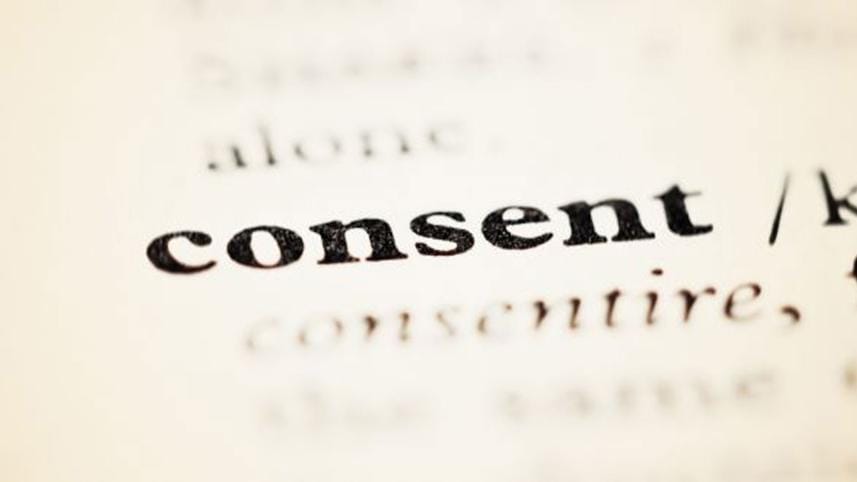On the claims of ‘rape’ upon promises of marriage

Section 375 of Penal Code 1860 starts with an expression ('a man is said to commit rape … with women') implying that rape can only be performed by a 'man' on a 'woman'. Commission of rape by a 'man' on a 'child (boy or girl)' or by a 'woman' on a 'man' or a person of any other gender is not envisaged by the Code. Subsequently 'children' has been included in Nari O Shishu Nirjatan Daman Ain, 2000 (shortly as said Ain). None of the laws recognises marital rape. Section 375 provides the definition of rape as follows–
A man is said to commit rape who has sexual intercourse with a woman under circumstances falling under five descriptions: against her will; without her consent; with her consent, when her consent has been obtained by putting her in fear of death, or of hurt; with her consent, when the man knows that he is not her husband, and that her consent is given because she believes that he is another man to whom she is or believes herself to be lawfully married; with or without her consent, when she is under fourteen years of age.
The aforesaid definition has also been adopted in the said Ain. There is an extension to this definition given under the explanation of Section 9(1) of the said Ain. The explanation says that a man is deemed to commit the offence of rape if he enters into a sexual relationship with a woman below the age of 16 with or without consent, or with a woman aged more than 16 with consent taken by means of fraud, among others. All other words used in the provision are self-explanatory, except the very word 'fraud'. The word 'fraud' is not defined either under Penal Code or the said Ain in case of rape. However, Section 25 of Penal Code defines 'fraudulently' as "a person is said to do a thing fraudulently if he does that thing with intent to defraud but not otherwise."
Now-a-days, in our country, many criminal cases are lodged with the Police Station or Tribunal under Section 9(1) of the said Ain alleging that on promise of marriage, the man induced the woman to enter into physical relationship. Now, the pertinent question is whether any sexual intercourse upon the promise of marriage or under the pretext of a romantic relationship should be counted as 'fraud' as indicated under the aforesaid Section.
I submit that if subsequent marriage does not justify the offence of 'rape' as nowhere in the statutes such kind of justification/exemption/validation is given, then sexual intercourse on promise/ expectation/inducement of marriage should not be taken as 'fraudulent' or 'without consent' either. Sexual intercourse as such should be treated as consensual. Serious misuse of 'fraudulent consent' may ensue from such an interpretation. Sometimes sexual intercourse can be used as a weapon for threatening the man or his family. Marriage should not have any connection with the offence of rape, neither before nor after. Rape goes hand in hand with consent.
In a case reported in 68 DLR (2016) 185, the High Court Division held that if a full grown girl consents to the act of sexual intercourse on the promise of marriage and continues to indulge in such activity, the same cannot be taken as rape. The Court observed in another occasion that "only one party of the two contributing to the amicable act cannot be stamped to have committed an offence of rape" (69 DLR 235). The unfortunate mature girl mixed with appellant consciously at her own peril and this appellant though knew the fate of the victim girl, took that opportunity of free consent and mixing which does not fall within the purview of any legal action (61 DLR 505). There are judicial advancements, but the definition of rape needs more clarity so that it can be used in clear cases, otherwise abuse is obvious.
Rape is one of the most heinous crimes. Rape for a woman can be compared to a sore, and the failure to punish the rapists adds further pain to this sore (2005, 25 BLD 342). The nucleus of a rape case is 'consent' or 'lack of consent'. It should not be a matter whether it is committed by a man or woman, or with or without wedlock. It is reliant upon the consent of partners involved therein at the time of entering or amid the sexual intercourse.
Definition of rape provided under the Sexual Offences Act 2003 (UK) mostly stands on the point of "consent" which needs to be proved by the accused that the consent has been obtained by choice, and the person giving such consent has had the freedom and capacity to make that choice. The giving of consent freely by exercising freedom of choice having full capacity to exercise such freedom should be taken into consideration. Without such free consent by choice, any sexual intercourse should come under the definition of rape so that neither a genuine victim gets deprived of getting justice nor any innocent meets with unnecessary punishment. Neither of these is desirable in the eye of law.
The writer is Advocate, Supreme Court of Bangladesh.



 For all latest news, follow The Daily Star's Google News channel.
For all latest news, follow The Daily Star's Google News channel.
Comments